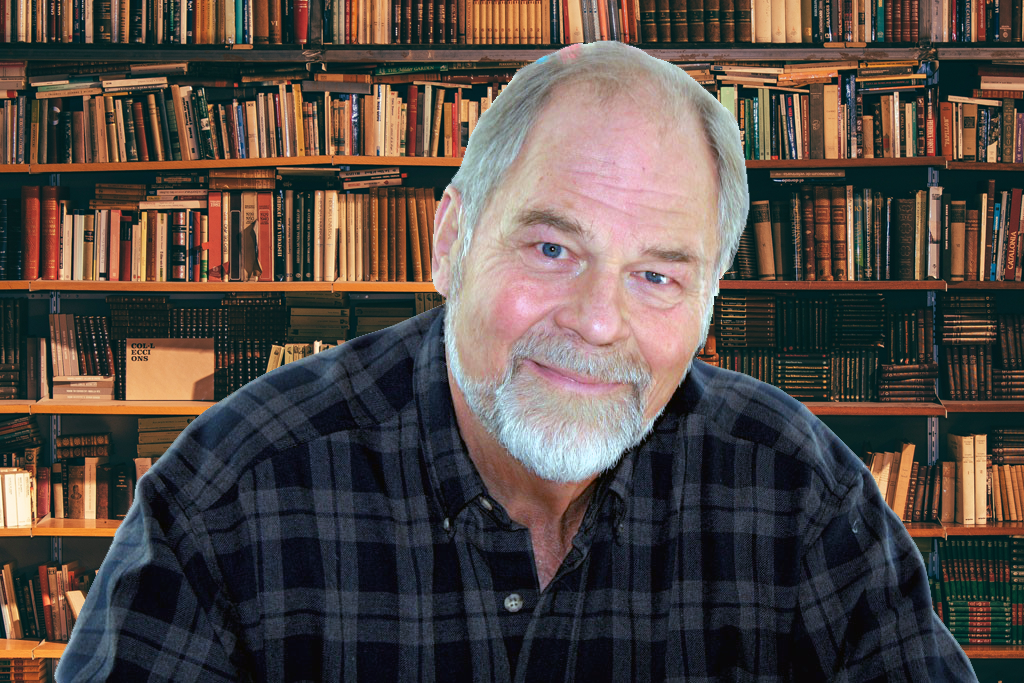All of a sudden, a crowd,
most of us pretty much strangers,
which seems to me– well, strange:
our village and others here
in this stretch of valley are tiny.
But John, who’s been the chief
of the volunteer fire department
for years, shows up exactly
as the ambulance crew appears.
I do know John. We live
on the same back road. He’s quiet
and decent. He sees what we’ve seen,
blood on the gravel to her,
tangled up in the weeds.
Roof-down, that’s her old crate
in the brook. There’s a gallon of milk
in a bottle, standing straight up
on the tar. The glass didn’t break.
A miracle. I’ve heard
someone say about our town,
it’s a place where all of us fight
and all of us love our neighbor.
Everything in her sack
was strewed or squashed or smashed,
except the jug of milk,
which she bought at a neighborhood dairy,
and that’s why it came in glass,
not a grocery store container,
the waxy kind. One man
thinks the woman came to his church
a time or two, then stopped.
The EMTs do something
to her skull with a sort of sleeve
made out of metal and cloth
before they load her up.
Does anyone know where she lives,
or lived? John shoots me a look,
not good. She might have done better
if she were made of glass.
I know that’s stupid. I’m thinking
a bunch of ridiculous jabber,
but I’m also thinking about
my family, how bad things happen
not just to bad people. Of course,
that lady is a stranger–
so good or bad? Who knows?
I want to be asleep
or learning to play piano
or oiling the .32-.20
my uncle left to me,
though it’s not deer season. Besides,
I don’t hunt them in my old age.
I wish I’d been doing something
that wouldn’t have let me arrive
in the first place at what’s here before me.
Whatever it was, it would suit me.
